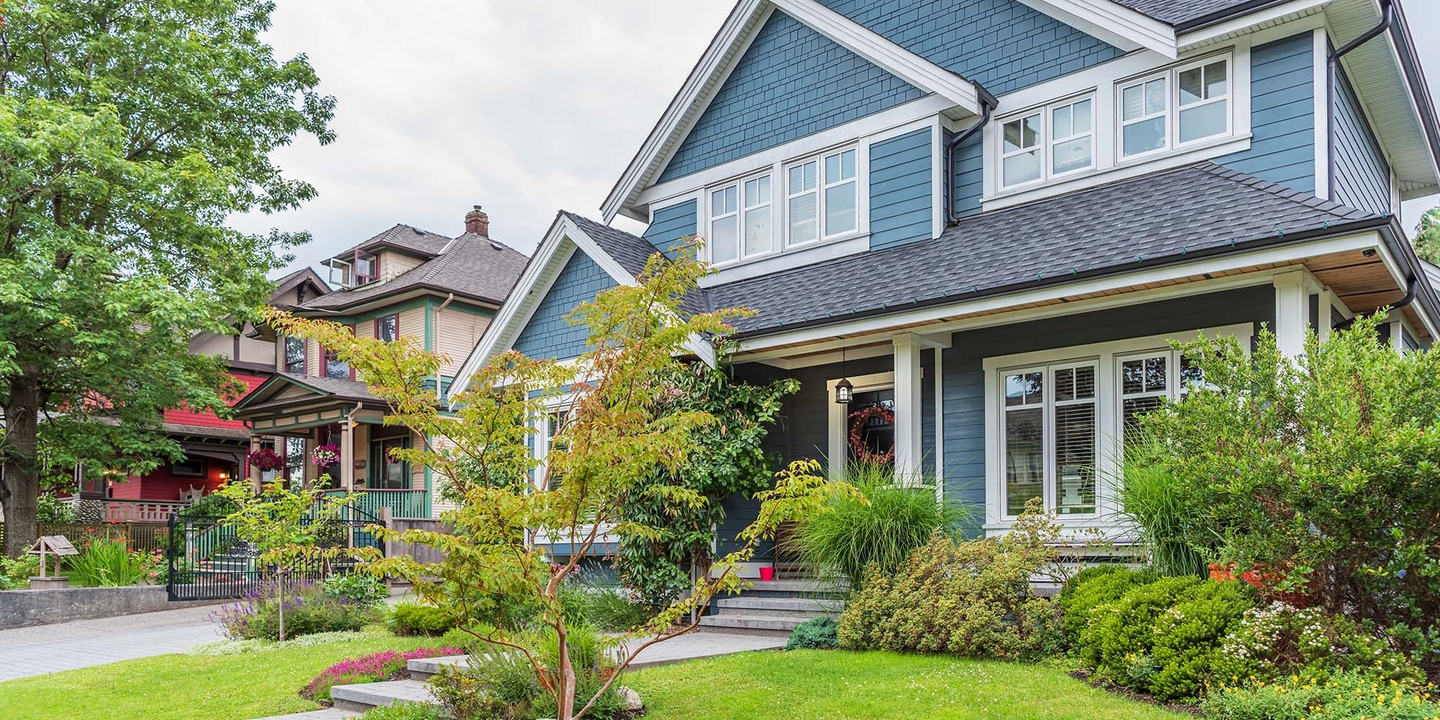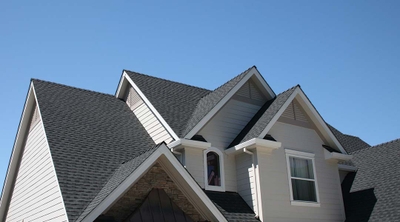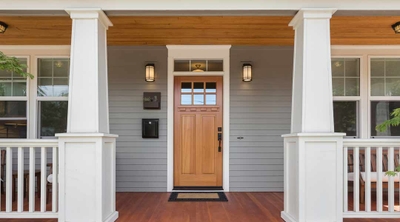Why do houses make noises?
4 min read
It’s not uncommon for houses — especially old houses — to make noises. Depending on the age, construction of the house and the type of noise, it may be normal old house noises, but it can also be a sign of problems. You can resolve some issues without the need for an expert. If you’ve got a mouse causing squeaking in the walls, for instance, you may be able to solve that with some traps from the hardware store. Other problems like hissing that can indicate a gas leak will need a professional’s help.
Common household noises
Groaning or cracking noises
Among the most common and often harmless household noises are gentle groaning, creaking sounds, or even a loud cracking noise in the house. These are often the result of changes in temperature and humidity throughout the day, week, or season. As temperature and humidity fluctuate, structures expand and contract at different rates, causing them to move against each other. This shifting and easing can cause groaning or creaking. Occasionally, if enough pressure builds up between two beams or other structural elements, the joint will slip a little, causing a loud cracking noise in the house. This sound is sometimes known as weathering and is normally not a cause for concern.
Another common cause of cracking or popping sounds in the house is settling. In these cases, the weight of the house presses down on the soil beneath, causing small changes in the ground below the house that cause bits of the house’s structure to shift slightly. This isn’t necessarily a problem, but if it continues to happen, it might be a sign that your house’s settling is causing a problem with the foundation. If you hear a vibrating noise in a wall, keep an eye out for large cracks in the walls or doors and windows that no longer open or close properly. If you suspect a foundation problem, consult a professional before the problem gets worse. Learn more about how homeowners insurance covers foundations.
Floor creaking
If a particular spot in the floor creaks, ask yourself whether it’s always done that. In some cases, it’s the expected flexing of the wood underfoot or one board rubbing against another. It could be a sign of problems in the subfloor, like rotten wood or termites chewing at the boards if it’s new. If the floor seems to give more than it used to, consult a professional to see if you need repairs made. Learn more about how home insurance covers floor damage.
Skittering or rustling sounds
Skittering or squeaking noises in the wall or rustling sounds in your garage are often a sign of rodents or other small animals. Unwanted animals in the house are often more pesky than dangerous, but they should be taken seriously and dealt with as soon as possible. According to the Centers for Disease Control and Prevention (CDC), rats and mice can spread more than 35 diseases, and some bats can spread rabies. Taking care of your pest problem is important. Even if they don’t spread disease, they can chew through wires or cause other damage to the house if left unchecked.
High-pitched ringing in the house
If the noise is a hum, it might be a sign that electrical devices are working harder than they need to or that a wire is loose. Check your appliances or try unplugging them one by one until you find the culprit and have it checked by a technician. If the noise comes from an outlet, turn off the power before examining it. Be prepared to call a pro. Electricity can be dangerous if you aren’t an experienced electrician.
If the high-pitched ringing in your house is more of a whistle, it might be faulty weather stripping around a window or a blocked furnace filter. In both cases, the whistling is the result of air passing through a small space, which can cause vibrations that may crack the glass or cause your furnace to work too hard, which can cause other problems down the line.
Changing the weather stripping around the house is usually easy and can often be done by a DIYer. However, if you suspect other problems with the windows, it might be better to get them checked. If the sound is your furnace struggling to force air through a clogged filter, change the filter but consider getting the furnace examined as well, because all that extra work may have caused other damage.
Clanging or banging noises
Radiators often clang as they first start up or when they cool down after you turn them off. This is usually the result of poor draining. Radiators can warp from repeated expansion and contraction as they heat and cool. Use shims to tilt the radiator slightly toward the pipe or steam trap to encourage better drainage.
If you hear similar clanging or loud banging noise in the walls, it can be a sign of clogs or air pressure in the system called a water hammer. If you don’t resolve the problem, it can cause damage to the pipes, so consult a professional.
Hissing or running water sounds
If you hear an unidentified hissing sound in your home, it might be an air leak in your HVAC system, but it can also be a natural gas leak. If you detect any gas smell, leave immediately and call the gas company. Gas leaks can be hazardous. If it’s the HVAC, identify where it’s coming from by checking the valves and hoses. If you can’t find the problem, get a professional’s advice.
If you hear running water but the water isn’t on, turn off the water main and listen carefully. If you still hear water, you may have a leak. Get professional help as soon as possible, because a build-up of water in the house can cause lasting damage.






